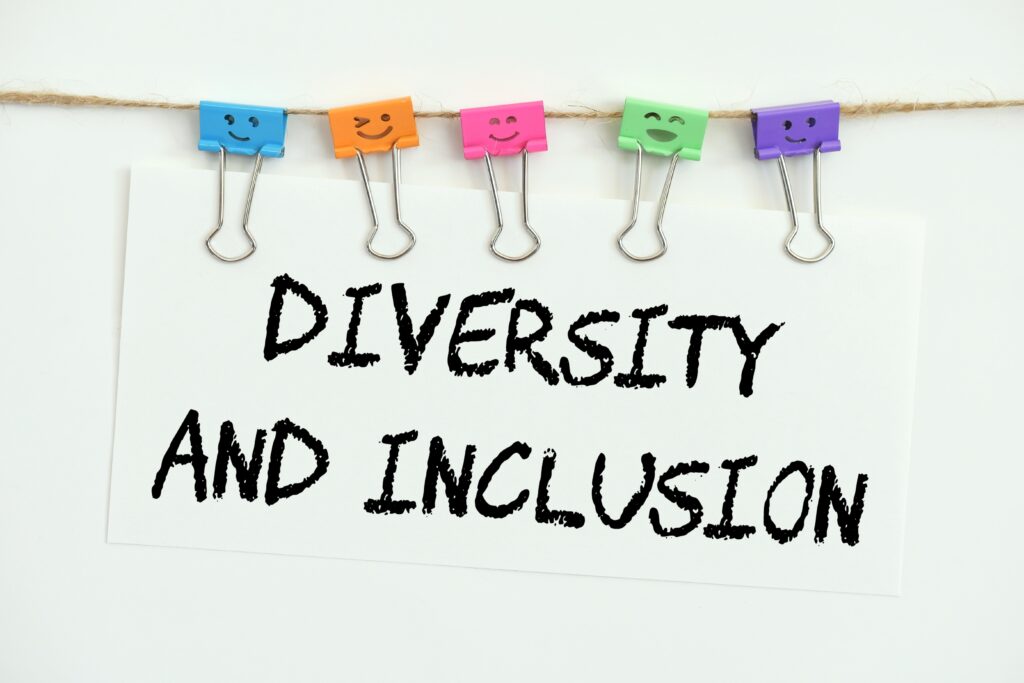
6 recruitment trends that shaped 2021
The pandemic brought with it a sea of changes in recruitment. Some of the trends seen over this year are:
- Virtual Recruitment
- AI in recruitment
- Increased adoption of online assessments
- Online Employer Branding
- Focus on Diversity, Equity and Inclusion (DEI)
- Data-driven recruiting, the increase in the use of chatbots, and HR analytics
These trends show how the global health crisis, technology, empowerment and inclusivity are impacting recruitment processes, for the better.
6 recruitment trends that shaped 2021
Organisations have been quick to adopt technology to transform their operations across functions. The pandemic-driven solutions to several work-related processes have accelerated this adoption and increased our dependency on technology. These changes are reflected in recruitment processes as well. There is also a big shift towards diversity in hiring and active efforts to improve work-life balance for employees. Here’s a look at recruitment and talent acquisition trends that are likely to prevail and influence your recruiting strategy in 2022 and beyond.
- Virtual recruitment – The new normal
Organisations learned that businesses can be run efficiently without physical interaction. The pandemic induced human resources (HR) departments to rely heavily on virtual processes to interview, hire and onboard candidates online and now virtual recruitment has become the order of the day. Businesses have had to rapidly modernise their recruitment processes. Technology-enabled remote interview software is facilitating collaborative hiring where cross-functional teams easily participate in the interviews and the selection process. This prominent trend seen in the last year and a half has several pros, such as a wider reach to get the right candidate irrespective of geographical boundaries. Organisations are able to scout and retain talent without worrying about their relocation to build a more diverse and multicultural team. For instance, HirePro virtual hiring is helping companies source, screen, assess, interview, select and onboard the best talent, virtually.
- Focus on Diversity, Equity and Inclusion (DEI)
Throughout the year 2021, diversity, equity, and inclusion (DEI) have been a priority for HR departments globally. Recruiters are expected to make diversity in hiring a key priority and ensure that teams are composed of people from different age groups, educational backgrounds, genders, regional and religious backgrounds. It is well known that diverse teams are better at problem-solving and rank higher on creativity. Businesses with a diverse workforce are known to have better overall productivity and profitability. Many organisations are looking to boost the diversity of their workforces and create a more inclusive workplace.
- Increased use of Artificial Intelligence in recruitment
Recruiters and HR professionals are using artificial intelligence (AI) for a more efficient talent acquisition process. AI-powered recruitment is improving ways to source, identify and engage talent. It is also helping to remove biases in the process of candidate identification, selection and hiring to select talent based on their skills and potential. Through AI, highly repetitive manual tasks can be automated to cut days worth of tasks in minutes. Further, Machine Learning is also bringing continuous improvements to AI to increase efficacy and accuracy over time.
- Increased adoption of online assessments
Employers are increasingly relying on various remote hiring tools including online technical assessments to screen candidates. Covid-19 accelerated the shift and recruiters are investing a major part of their efforts and budgets in fraud-proof online interview tools and online remote proctoring platforms. According to a report, 47% of Indian tech recruiters who used manual hiring processes earlier have switched to online assessment tools.
- Increased use of recruitment chatbots and HR analytics
The HR function has been adopting analytics at a rapid pace to define its talent acquisition strategies and recruitment. Data-driven recruitment relies on the use of data to optimise the entire hiring process done through talent platforms, chatbots and natural language processing (NLP) capabilities. This approach improves hiring quality, decreases hiring costs, and creates an efficient recruitment process that is derived from the right data. With predictive analytics, recruiters can foresee future trends, estimate candidate performance and predict the tenure of a candidate.
- Focus on online employer branding
An important aspect of a company’s overall brand value is its image as an employer.
Companies look to create stronger bonds with their communities and employees become their spokespersons. Organisations are also increasingly using new-age recruitment tools such as Hackathons and Coding Competitions to source the best talent. They help recruiters to assess candidates’ skills like problem-solving, time management etc and the gamified experience makes the hiring process interactive and rewarding.
These trends show how the global health crisis, technology, empowerment and inclusivity are impacting recruitment processes for the better. To ensure continued success in the future, HR teams need to build a strong foundation and consider adopting the above trends while developing their recruitment strategy.
We help companies hire great people. You can request a demo or start using our recruiting software to help you find and hire the best candidates.